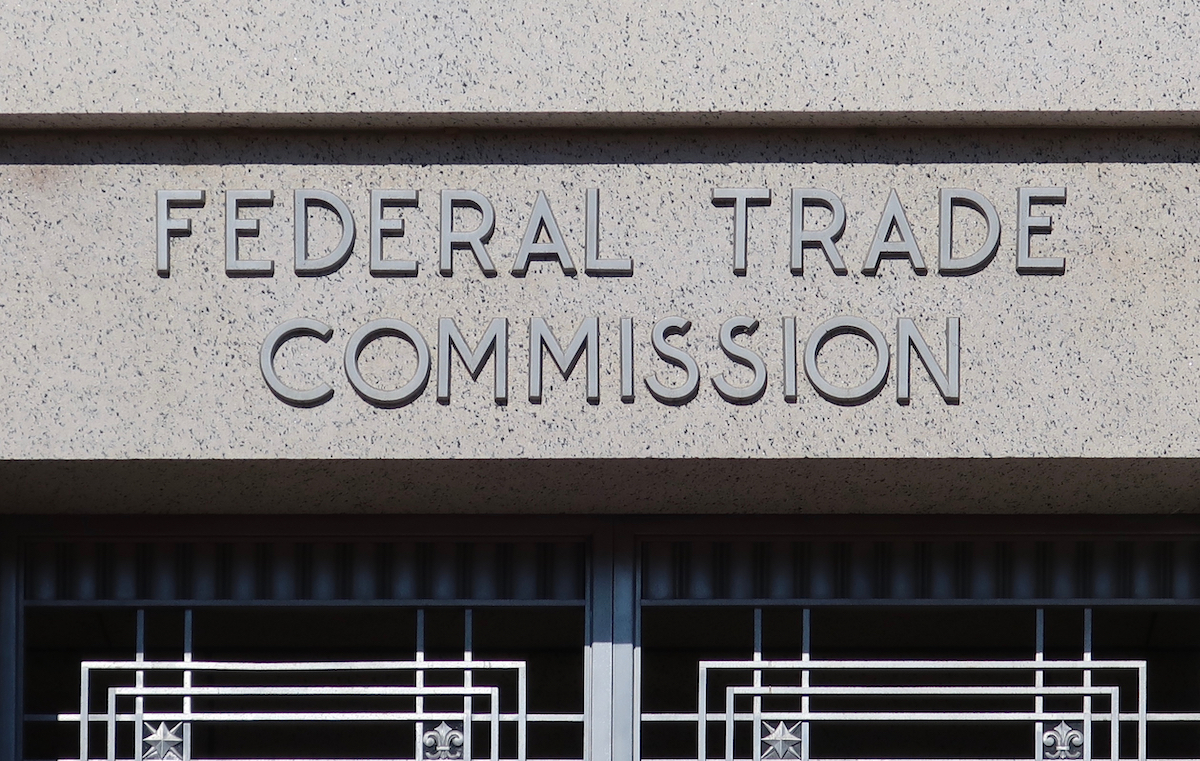FTC Chair Criticizes Boeing for Monopolization, Warns of ‘Too-Big-to-Fail’ Status

Federal Trade Commission Chair Lina Khan delivered a scathing critique of the national champion strategy, labeling it “catastrophic” for the United States while singling out aerospace giant Boeing as a prime example. Khan’s remarks, delivered during a speech at the Carnegie Endowment for International Peace, underscored the pitfalls of allowing unchecked consolidation in key industries.
Khan lambasted her predecessors for permitting a significant wave of consolidation within the aerospace sector, culminating in Boeing emerging as the sole commercial aerospace manufacturer in the country following its merger with McDonnell Douglas in 1997. She argued that this pursuit of national champions, companies deemed too essential to face antitrust enforcement, has resulted in detrimental consequences for both the industry and American competitiveness on the global stage.
The FTC chair pointed to Boeing’s recent struggles as a stark illustration of the dangers posed by monopolization. Citing issues such as lower product quality, shortsighted cost-cutting measures, and undue political influence, Khan painted a grim picture of the ramifications of allowing companies to grow unchecked.
“Boeing effectively became too-big-to-fail and a point of leverage for countries seeking to influence policymaking,” Khan asserted, highlighting Congress’s allocation of a $25 billion line item for Boeing during the COVID-19 crisis as evidence of the company’s privileged status.
While Boeing ultimately opted to raise capital privately through bond issuances in 2020, Khan emphasized the significant role played by Federal Reserve support in facilitating this maneuver.
Khan’s remarks also addressed the broader debate surrounding antitrust enforcement in the technology sector. Contrary to claims that regulation would stifle innovation and cede global leadership to competitors like China, Khan argued that rigorous antitrust enforcement in previous decades had actually paved the way for revolutionary advancements in Silicon Valley. She cautioned against allowing dominant tech firms to prioritize their own interests over those of the nation, particularly in light of their increasing integration into the Chinese market.
As the Biden administration and lawmakers grapple with the implications of unchecked corporate consolidation, Khan’s warnings serve as a stark reminder of the perils of prioritizing national champions at the expense of fair competition and innovation.
Source: News Bloomberg Law
Featured News
Judge Mehta Questions Both Sides in Landmark Google Antitrust Case
May 2, 2024 by
CPI
FCC Urges Urgent Funding for Removal of Chinese Telecom Equipment from U.S. Networks
May 2, 2024 by
CPI
Former Pioneer CEO Facing Potential Criminal Charges For Colluding With OPEC
May 2, 2024 by
CPI
South Korea’s Antitrust Regulator Greenlights K-Pop Powerhouse Deal
May 2, 2024 by
CPI
Exxon’s Pioneer Purchase Approved, Former CEO Barred from Board
May 2, 2024 by
CPI
Antitrust Mix by CPI
Antitrust Chronicle® – Economics of Criminal Antitrust
Apr 19, 2024 by
CPI
Navigating Economic Expert Work in Criminal Antitrust Litigation
Apr 19, 2024 by
CPI
The Increased Importance of Economics in Cartel Cases
Apr 19, 2024 by
CPI
A Law and Economics Analysis of the Antitrust Treatment of Physician Collective Price Agreements
Apr 19, 2024 by
CPI
Information Exchange In Criminal Antitrust Cases: How Economic Testimony Can Tip The Scales
Apr 19, 2024 by
CPI